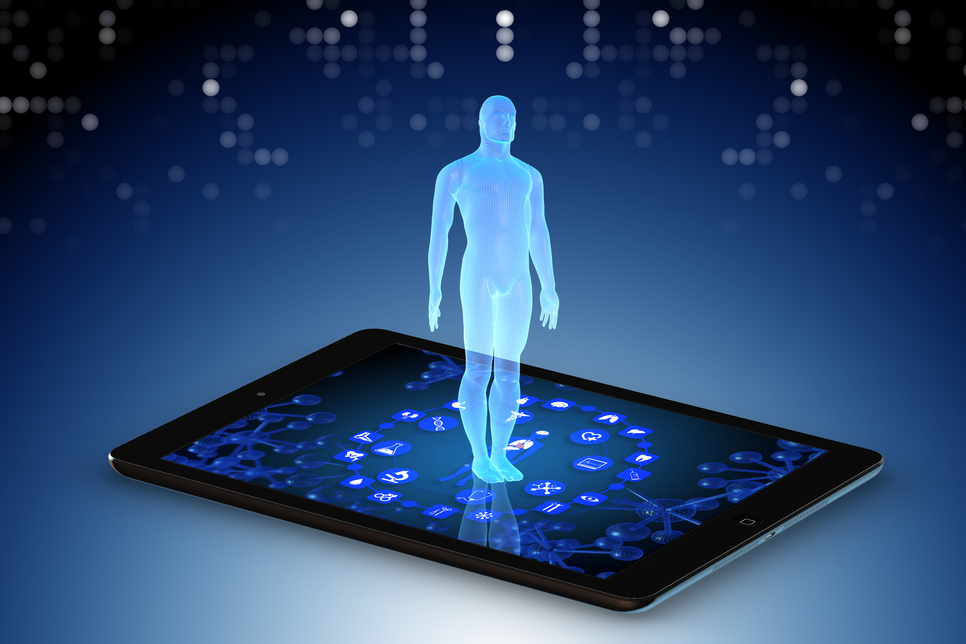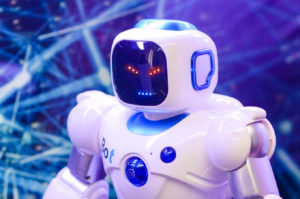 Despite how ingrained machine learning and artificial intelligence are in our daily lives, the mention of A.I., especially regarding health and healthcare outcomes, can conjure thoughts of machines forcing humans to serve and fuel them, becoming sentient and demanding rights, or dozens of other nightmare scenarios. Our minds may delight in imagining these often-terrible future fantasies, but the truth is that machine learning already serves and benefits humans every moment of every day.
Despite how ingrained machine learning and artificial intelligence are in our daily lives, the mention of A.I., especially regarding health and healthcare outcomes, can conjure thoughts of machines forcing humans to serve and fuel them, becoming sentient and demanding rights, or dozens of other nightmare scenarios. Our minds may delight in imagining these often-terrible future fantasies, but the truth is that machine learning already serves and benefits humans every moment of every day.
 Today, artificial intelligence guides our commutes and road-trips by predicting traffic patterns to warn us of hazards and plot faster or safer routes. Neural networks help us classify our family photos or suggest entertainment content we’re likely to enjoy. Active learning data models detect and prevent fraud or prevent a vehicle crash faster than a human can physically react (1). Machine learning applications in healthcare already have similar impact, yet are just in their most infant stages of development.
Today, artificial intelligence guides our commutes and road-trips by predicting traffic patterns to warn us of hazards and plot faster or safer routes. Neural networks help us classify our family photos or suggest entertainment content we’re likely to enjoy. Active learning data models detect and prevent fraud or prevent a vehicle crash faster than a human can physically react (1). Machine learning applications in healthcare already have similar impact, yet are just in their most infant stages of development.
Most of us in the medical industry can’t go a week without cracking a joke about how slow healthcare is to adopt new technology. That granted, there are numerous valid reasons that the adoption of AI is only just getting started in healthcare– and it has nothing to do with all those science fiction stories. We’re dealing with human lives, not how late you’ll be to work or how quickly you can find an old photo of your Uncle Ernie.
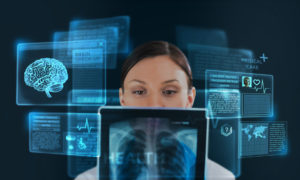 The current state of machine learning in healthcare may be best understood in parallel to the current development of driverless vehicles. While my Honda can activate the brakes or nudge my lane position, it cannot pull out of my driveway, nor can it negotiate all the turns and traffic controls on the way to my destination. Similarly, artificial intelligence is already being used to assist doctors to more quickly diagnose illnesses, provide more accurate treatment, better identify tumors, it cannot yet be relied on to provide insight, detect illness, or prescribe treatment without classically discernable evidence that can be confirmed by a provider (2). The future scenarios for both driverless vehicles and AI-driven healthcare are already in trials and both show excellent promise, yet are far from completely perfect or fully reliable. The next decade is likely to be an industry-changer for both.
The current state of machine learning in healthcare may be best understood in parallel to the current development of driverless vehicles. While my Honda can activate the brakes or nudge my lane position, it cannot pull out of my driveway, nor can it negotiate all the turns and traffic controls on the way to my destination. Similarly, artificial intelligence is already being used to assist doctors to more quickly diagnose illnesses, provide more accurate treatment, better identify tumors, it cannot yet be relied on to provide insight, detect illness, or prescribe treatment without classically discernable evidence that can be confirmed by a provider (2). The future scenarios for both driverless vehicles and AI-driven healthcare are already in trials and both show excellent promise, yet are far from completely perfect or fully reliable. The next decade is likely to be an industry-changer for both.
Apart from slow, vigilant adoption, data scientists are learning just how much seemingly benign variances in source data can have an adverse impact on a neural network’s ability to make accurate predictions. One study by an MIT researcher found that AI outcome prediction models work differently when applied to specific populations (3). While machine learning has the opportunity to greatly reduce inequalities in care, we must build the foundation of these systems with scrupulous attention to detail and data.
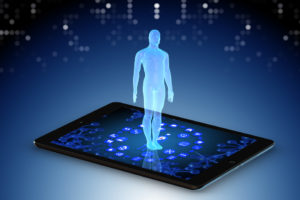
Fortunately, not all medical applications of machine learning are life and death. Neural networks are in development and some machine learning systems are already deployed to constantly review, learn, and refine billing processes, supply chain logistics, patient experience, health record management, drug development, prescription dosage, clinical trials, population-based health risks, and even provider burnout mitigation.
The healthcare door has been opened to machine learning. How much an impact these artificial intelligence systems will have on our health, our medical systems, and our healthcare providers is sure to be great and likely to advance rapidly. From extending average human lifespan (4) and preventing exhaustion among healthcare providers to service recovery management and advanced early illness detection, machine learning’s benefits to our health and healthcare teams could be near limitless.
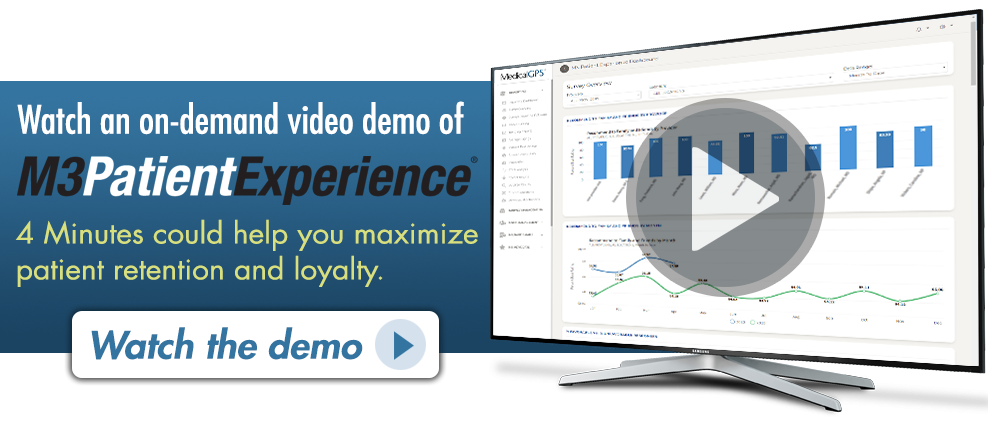
Please let us know if you have comments or questions, and subscribe to our Email Updates so that you can be assured to receive Thinking Thursdays TIPs.
Thank you!
Jerry
Jerry L. Stone
Co-Founder/COO
MedicalGPS, LLC
Resources
- https://www.bridge-global.com/blog/9-ways-machine-learning-impacts-our-daily-life/
- http://harvardsciencereview.com/machine-learning-the-future-of-healthcare/
- https://news.mit.edu/2022/marzyeh-ghassemi-explores-downside-machine-learning-health-care-0201
- https://www.nature.com/articles/s41598-021-93070-6

